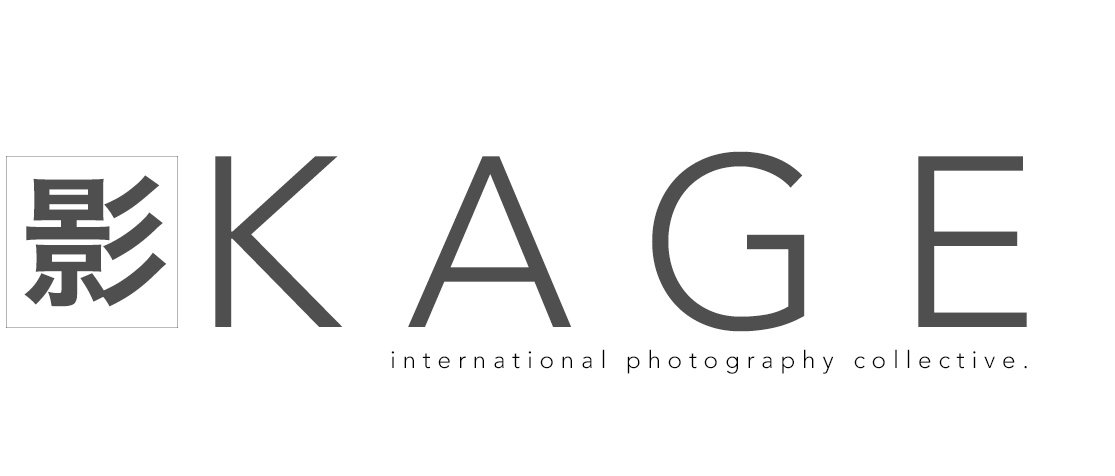BY ROBERT CATTO
“Don’t wait for it to happen. Don’t even want it to happen. Just watch what does happen.”
This image, from Bert Stephani’s essay last week, was my departure point for this essay. (I wanted to get to those trees.)
A little while ago I found an essay online, written by my grandfather.
I never met him, he died in 1960, almost a decade before I was born; but through an accident of timing, he spent WWI in a German prison camp. Instead of becoming a concert pianist, which is what he was studying there at the time, he became a psychologist and professor, and wrote a book about the society that sprang up in the camp in the years he was held.
Later, while working for the Canadian government during WWII, he wrote for Maclean’s magazine about how difficult it was going to be for the soldiers and prisoners returning from the war, the trouble they would inevitably have returning from that experience to “polite society”, and how their imaginations of life back at home after all that time away would inevitably lead to disappointment with the real thing.
I think that’s what the return to relative normalcy will be like for all of us, as the pandemic starts to get under control around the world.
Here in Australia, it’s like we’ve made it to the other side of the rainbow; but the taste of freedom that comes with being able to work, to go to movies or theatre, to see friends for dinner isn’t quite how we remember things as they used to be.
We’ve become so accustomed to our homes, to a small radius of allowable travel, that there’s an uneasiness around anything else now.
And the result of that has been that I don’t see things like I used to. I’m not out in the city, making random observations with a camera in my hand, even though I could easily do so.
Even just going to a park for a walk—something we were doing daily a year ago, when we were only allowed out for specific purposes like exercise—is something that needs planning, intent, purpose.
Our memories, and our imaginations, of how life was pre-pandemic are of course somewhat rosy, now. We remember the fun we used to have—but we forget the frustrations, and the day-to-day stuff that always comes along.
Remember those bushfires we were having not that long ago? Well, now there are floods.
You know how you always cut your finger when you’re grating cheese? That’s still going to happen.
Remember that time a hard drive failed, just as you were completing a bunch of really important work? That’s happened to me twice, in the past couple of weeks—including the drive I bought to replace the first one that failed.
Life is a lot better once lockdowns end, things open up, and we start to get back to normal life; but it’s important to go into that phase with realistic expectations. And also, to cut ourselves and each other some slack, too.
Nobody had a real handbook on how to manage during the past year. We were all making it up as we went along, and maybe we hoped we’d hear from other people more, but y’know what? They were figuring out how to cope, just like we were. And there’s probably someone out there who wishes they’d heard from us more, too.
The world has changed—but we’ve all changed, too. Don’t cling to your old expectations too much. Don’t want things to happen the way they always did in the past.
Just watch what does happen.













